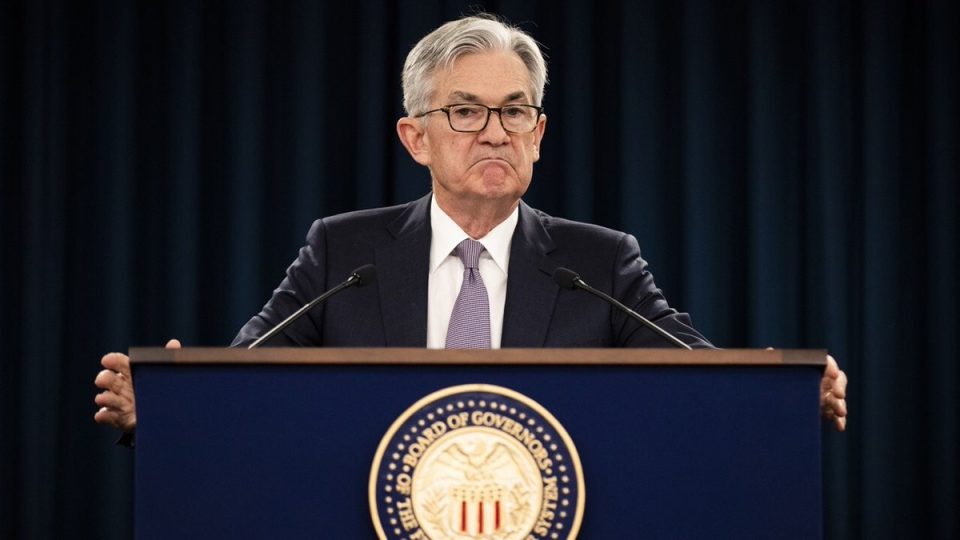
US Fed hikes interest rates sharply to curb high inflation; move to hit jobs
The US's Federal Reserve has increased interest rates by three-quarters of a point — the highest raise since 1994 — signalling its sharp intent in fighting high inflation.

The US’s Federal Reserve has increased interest rates by three-quarters of a point — the highest raise since 1994 — signalling its sharp intent in fighting high inflation.
The Fed’s benchmark short-term rate, which affects many consumer and business loans, will now be pegged to a range of 1.5% to 1.75% — and Fed policymakers forecast a doubling of that range by year’s end.
The move may not be one-off as the Fed hinted at more rate hikes to curb high inflation, even if it impacted economic growth and employment.
Inflation had hit a a four-decade high of 8.6% last month, surprising one and all. This made investors and markets uneasy about how the Fed would react to it.
“We thought strong action was warranted at this meeting, and we delivered that,” Federal Reserve Chair Jerome Powell said at a news conference, stressing the central bank’s commitment to do what it takes to bring inflation down to the Fed’s target rate of 2%.
Getting to that point, he said, might result in a slightly higher unemployment rate as economic growth slows.
Powell said it was imperative to go bigger than the half-point increase the Fed had earlier signaled because inflation was running hotter than anticipated — causing particular hardship on low-income Americans. Another concern is that the public is increasingly expecting higher inflation in the future, which can become a self-fulfilling prophecy by accelerating spending among consumers seeking to avoid rising prices for certain goods.
The central bank revised its policy statement to acknowledge that its efforts to quell inflation won’t be painless, removing previous language that had said Fed officials expect “the labor market to remain strong.”
“It’s going to be a far bumpier ride to get inflation down than what they had anticipated previously,” said Matthew Luzzetti, chief U.S. economist at Deutsche Bank.
Fed officials forecast unemployment ticking up this year and next, reaching 4.1% in 2024 — a level that some economists said would risk a recession.
Also read: Stop beating down on central bankers
Yet Powell largely stuck to his previous reassurances that — with unemployment near a five-decade low, wages rising, and consumers’ finances mostly solid — the economy can withstand higher interest rates and avoid a recession.
“We’re not trying to induce a recession now,” he said. “Let’s be clear about that. We’re trying to achieve 2% inflation.”
Powell said that another three-quarter-point hike is possible at the Fed’s next meeting in late July if inflation pressures remain high, although he said such increases would not be common.
Some financial analysts suggested Powell struck the right balance to reassure markets, which rallied on Wednesday. “He hit it hard that ‘we want to get inflation down’ but also hit hard that ‘we want a soft landing,’ ” said Robert Tipp, chief investment strategist at PGIM Fixed Income.
Still, the Fed’s action on Wednesday was an acknowledgment that it’s struggling to curb the pace and persistence of inflation, which is being fueled by a strong consumer spending, pandemic-related supply disruptions and soaring energy prices that have been aggravated by Russia’s invasion of Ukraine.
(With agencies inputs)


